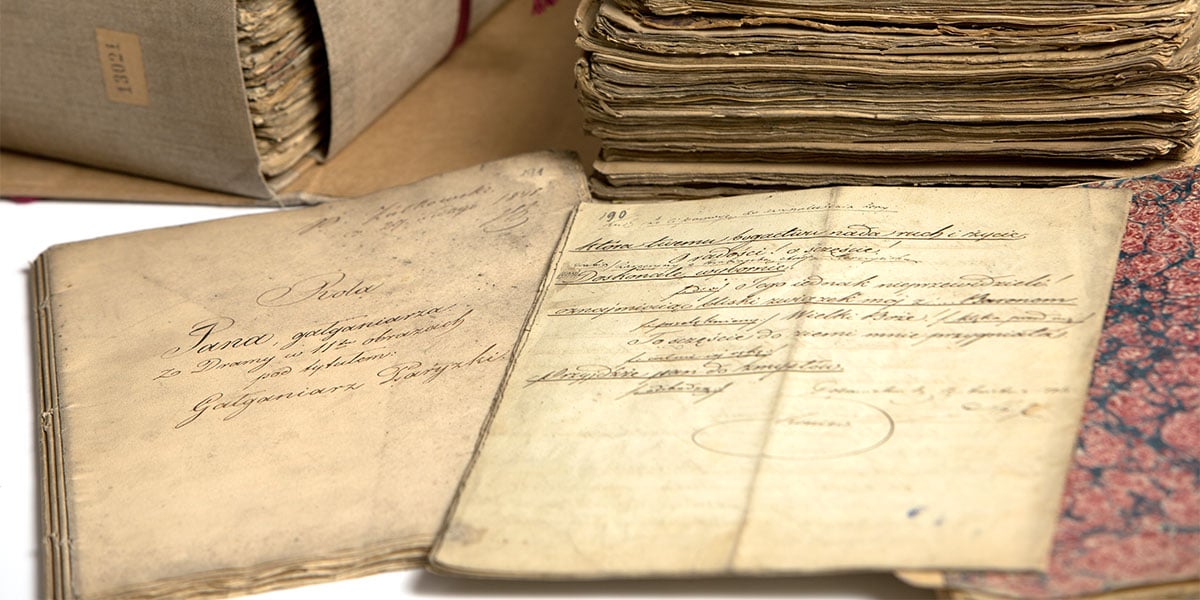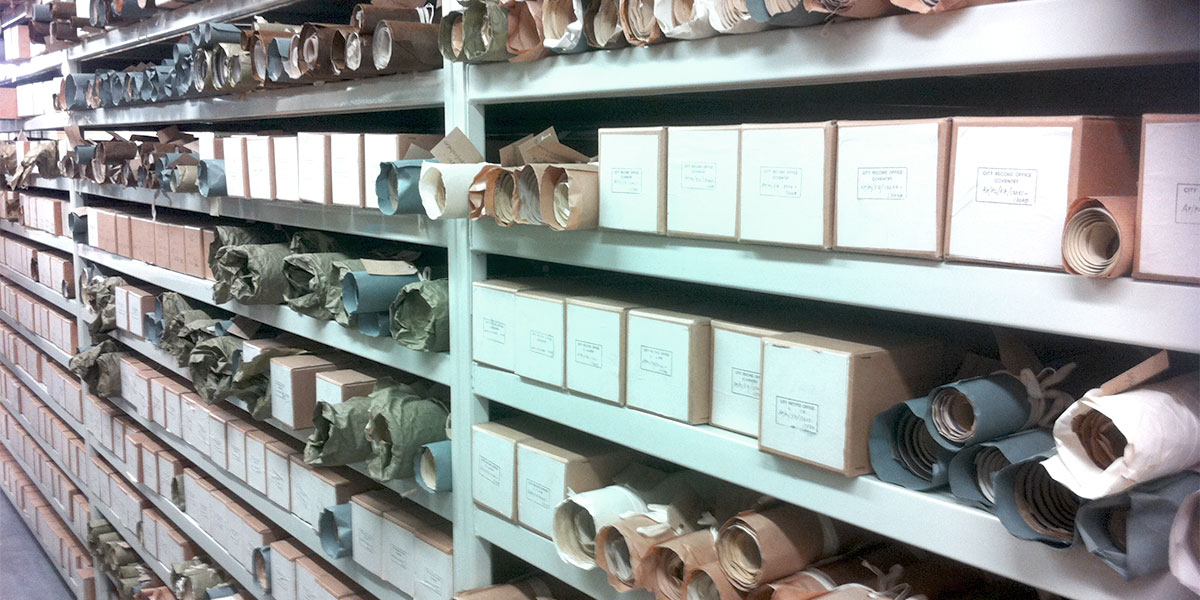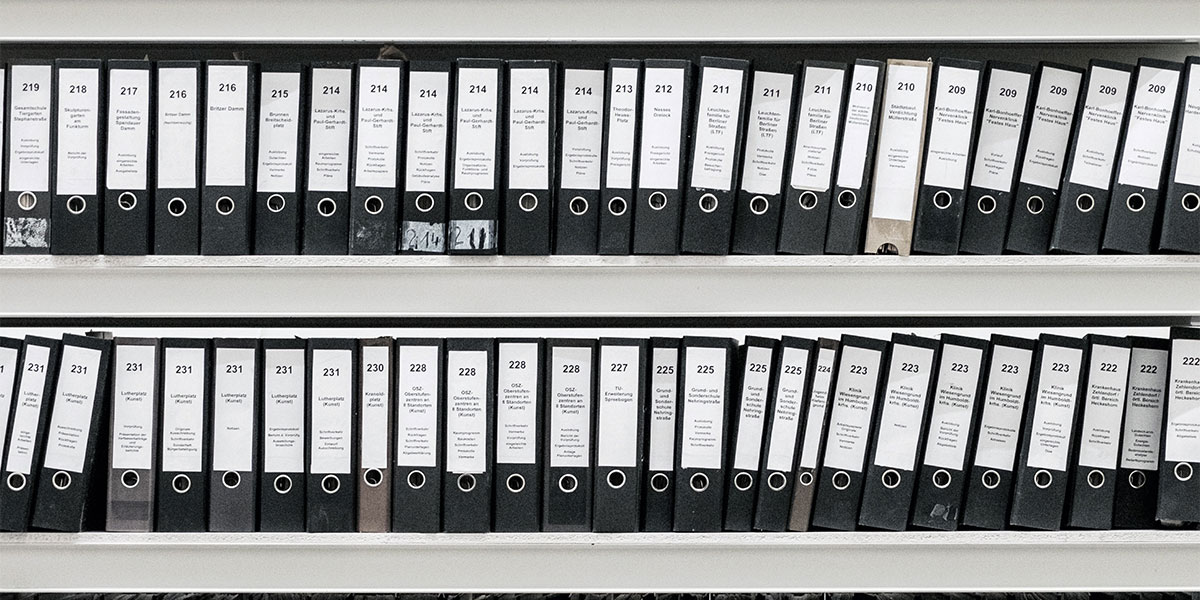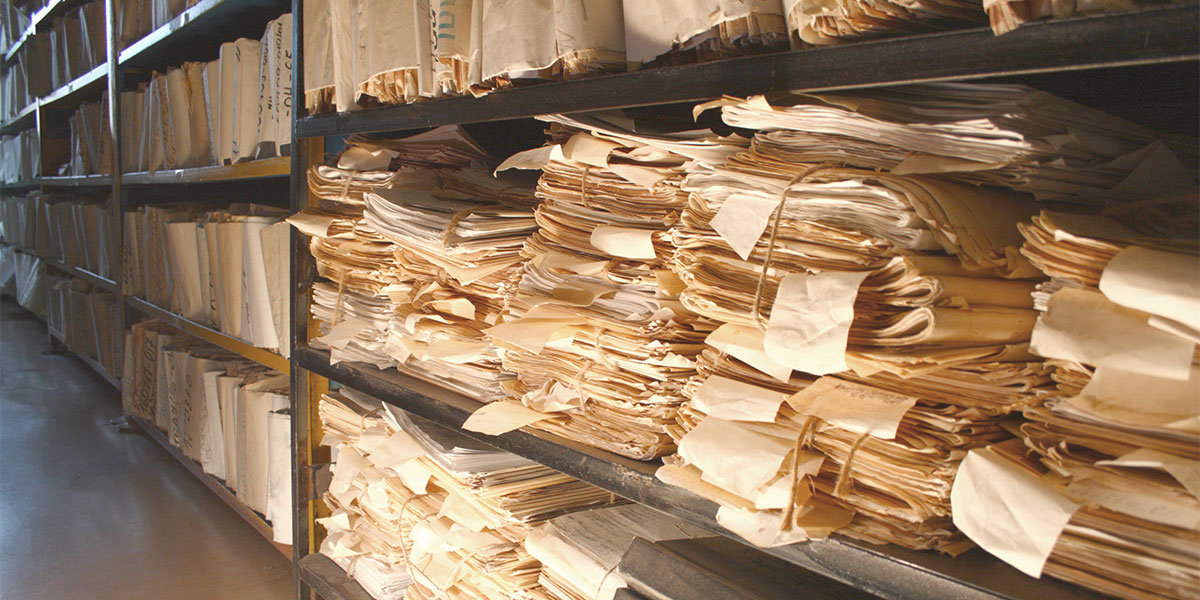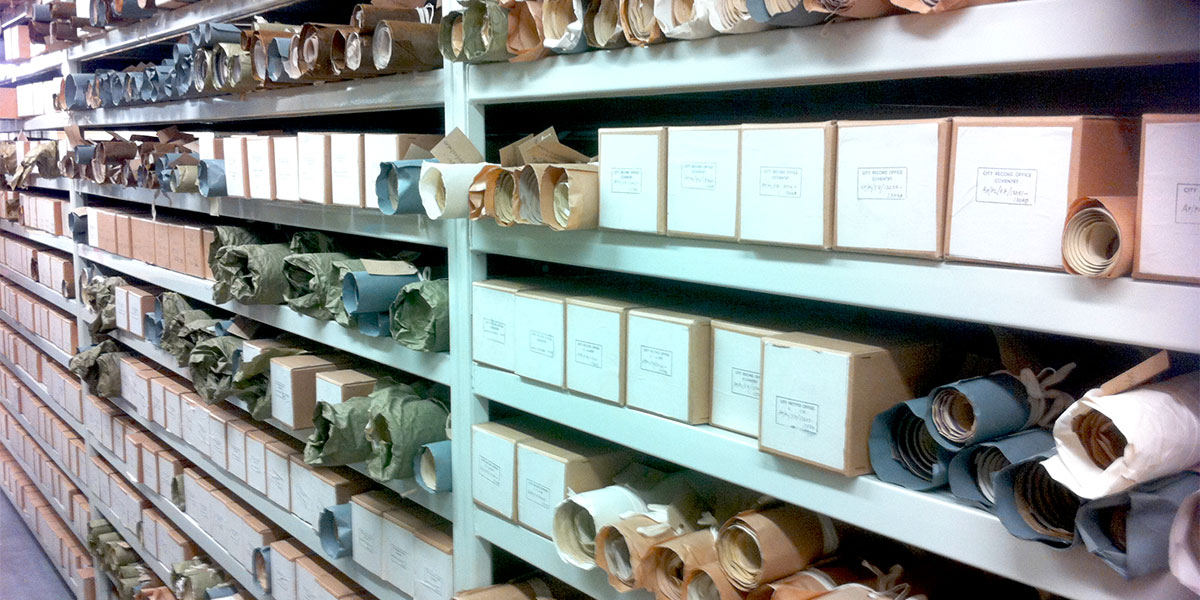Requirements for archival projects are different from goals and objectives. Requirements specify what the deliverables of the completed project must be. Requirements define the final product, service, or result. These are statements of quantitative criteria, each of which provides a measure of one or more of the project’s critical success factors. You can visualize the requirements when you consider the current condition of an organization and then examine its future state once the project is completed.
We've Moved!
Think Clearly has a new home! Click here to see our latest posts.
*If there’s older content you’d like to catch up on, you can browse right where you are, until Friday, April 5th.
We know it takes a minute to get used to change!
Margot Note

Recent Posts
Topics: Professional Development, Strategy, Archives
Goals and objectives are instrumental in strategic planning for archives because they turn the project’s vision into measurable targets. Goals are the ends towards which a project is directed; objectives are more detailed than goals and explain how goals will be accomplished. With both in hand, archivists build and support the vision for what they wish to achieve with their projects.
Topics: Professional Development, Strategy, Digital Archives, Archives
The most vital aspect of managing a successful archival project is identifying the right problem to be solved. In the cultural heritage sector, too many excellent exciting projects exist, but limited resources hamper seeing them to fruition. Archivists should prioritize projects that add value to the organization.
Topics: Professional Development, Strategy, Archives
Although some archivists debate the necessity for item-level access, it is often more challenging to describe images in the aggregate. Collection-level description can be useful for images of the same subject, but problematic for collections with a variety of subjects, as it neither improves retrieval nor limits the handling of the originals. Group arrangement and description are necessary for large collections or when resources are limited.
Topics: Digital Archives, Archives, Collections Management
Traditionally, archivists have dismissed arrangement at the item level as having little utility and being impractical for modern collections. However, archival surveys conducted over the years have found that a significant proportion of archivists have adhered to item-level description—even though it is contrary to the traditional archival practice of collection-level description. The same discrepancy between literature and practice appears to be true for visual collections.
Topics: Digital Archives, Archives, Collections Management
In July 1945, Atlantic Monthly published “As We May Think,” by army scientist Vannevar Bush, an essay that had an immense influence on the history of computing. Bush was concerned about the explosion of information without a means to quickly retrieve data.
Topics: Digital Archives, Archives
Metadata is structured data about data, information that facilitates the management and use of other information. The function of metadata is to provide your users with a standardized means for access to digitized materials. However, it is not enough to use just any metadata standard.
Topics: Digital Archives, Archives
Metadata is one of the significant costs of digitization. Although archival items can be digitized without cataloging, a digital collection cannot be created and delivered without metadata.
Topics: Digital Archives
Ethical, Legal, and Cultural Considerations for Digital Archival Projects
When digitizing collections, archivists should always take legal and ethical rights into consideration and proceed with caution when documenting culturally sensitive content—with sympathy as to the context of how the materials were collected, and consideration in the manner in which such content is presented.
Topics: Digital Archives, Archives, Collections Management
Selection practice in most archives is aimed at meeting the current needs of user communities. Criteria developed by archives to select items for digitization are based on evidential and aesthetic values, as well as informational, intrinsic, and artifactual values.
Topics: Digital Archives
Digital imaging captures all the information in photographic originals. Read on for some guidelines on making the best digitization choices, always with the ultimate usage of the images in mind.
Topics: Digital Archives
Formal standards, such as Describing Archives: A Content Standard (DACS), Graphic Materials, and Rules for Archival Description (RAD), have been developed over time for the description of archival materials. While descriptive standards offer consistency, archival repositories employ descriptive systems suited to their holdings, not universal access, and description continues to be idiosyncratic.
Topics: Digital Archives, Archives, Collections Management
The development of selection policies is a core component of digital projects, and many selection guidelines and criteria have been developed by institutions, national governments, and international organizations. Institutions need to validate their selection procedures for digitization concerning external criteria, especially with the increase of collaborations for digital projects.
Topics: Digital Archives, Collections Management
Digitization can be performed either in-house or outsourced. In-house implies that a department of the institution captures the images—supplying hardware and software, trained personnel, and overhead. Outsourcing requires entering into a contract with a vendor who will receive the images, convert them, and return the originals with the required digital files. Both in-house and outsourced alternatives should be considered when embarking on a digitization project.
Topics: Digital Archives, Archives, Collections Management
As archivists, we take our responsibilities seriously as stewards of the collections entrusted to our care, ensuring that our assets remain safe and accessible to users. The demand for increased online access to collections, coupled with limited fiscal and staff resources, makes balancing the two a challenge.
Topics: Digital Archives, Archives, Collections Management
Staffing needs for digital projects depend on the project’s size and complexity. Training existing staff members to work on digitization projects is a critical component of change management within the institution because digital projects require new skills. The digital age is moving memory institutions into new paradigms of delivering both services and content, and this alteration brings with it a need for training in managing information in a hybrid environment.
Topics: Digital Archives, Archives, Collections Management
Keys to Developing a Comprehensive Archives Collection Development Policy
Archives and special collection development policies should state what the organization currently holds and the collecting areas, especially records of enduring value that represent the organization's history. A policy will not only formalize the archives program, it will allow you to focus on what you would like to acquire as well as to disregard materials that fall outside of the collection. Focusing on what you will not collect will also allow you to deaccession materials that should not be in the collection.
Topics: Archives Collections Management Software, Strategy, Digital Archives
Over the years, I have directed or have been a subject matter expert on a number of projects using born-digital and digitized cultural heritage materials. With each new experience, I have gathered a series of questions, an aide-mémoire, to be explored before commencing a digital initiative.
Topics: Archives Collections Management Software, Digital Archives


